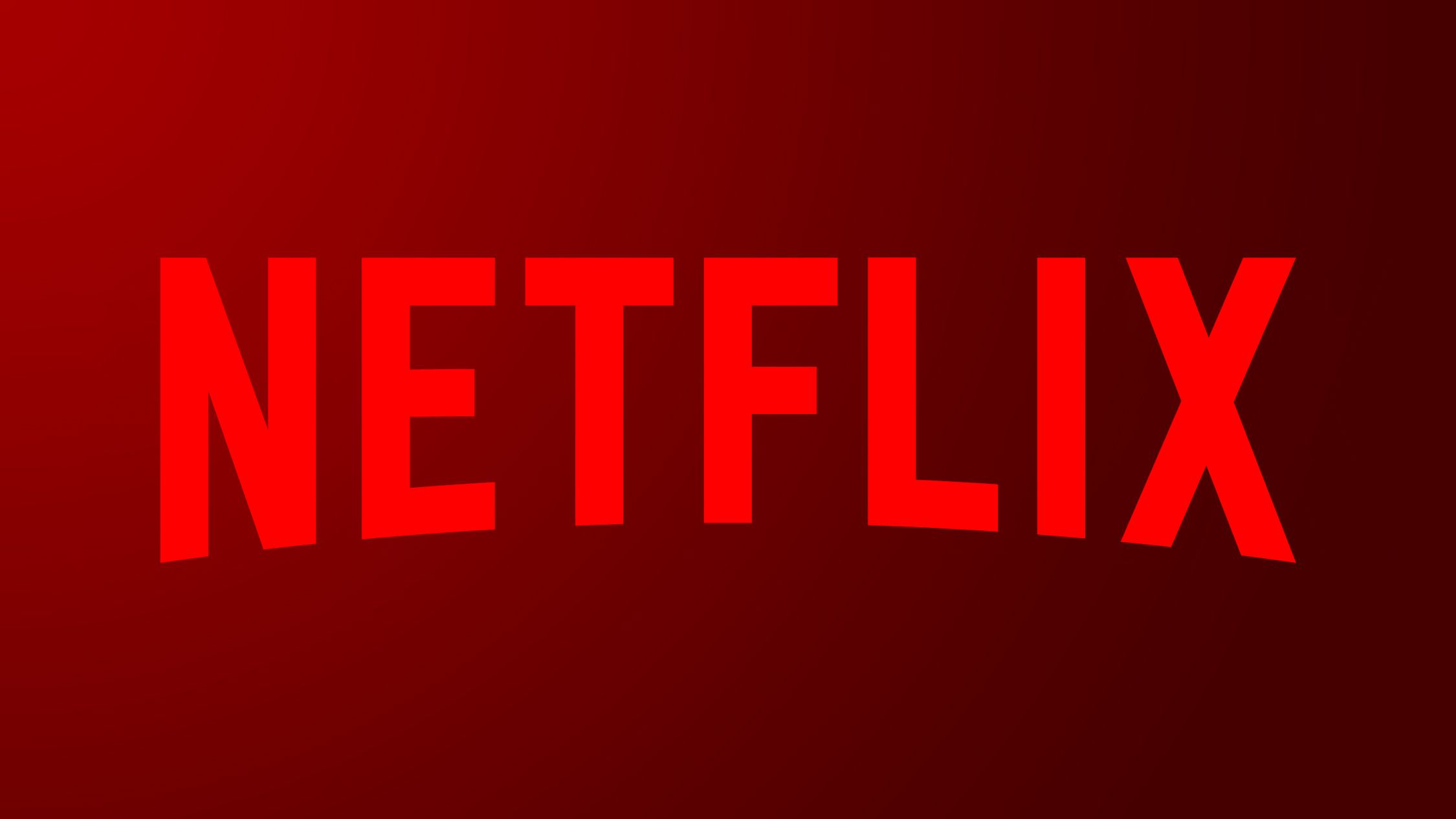as a now indie developer, no thank you. I'd like the comfort of knowing that me deploying a 800MB app that suddenly went viral won't cost me an arm and a leg.
just because I get millions of downloads does not guarantee millions of dollars, but it can guarantee tens of thousands of dollars in distribution. and it would discourage me from submitting updates as that's probably another few thousand dollars down the drain when people download my update.
Which is a point many miss in this arguement. If Apple changes the way it charges for access, small developers may be the ones hurt by new fees before they even make a cent off their app. Right now, Apple has made it easy to take an app to market withe very little up front expense and risk. Losing the ability to generate revenue via a cut of in app purchases could change that.
The big players can afford the costs, but small ones likely will find it harder to go to market and /or be forced to do much of what Apple already does for them for thier 15% cut.
You pay Apple for the platform to host your app, to have access to hundreds of millions of possible buyers and to deal with payments and refunds from customers worldwide. Although the AppStore isn’t perfect, that’s lot of boring admin taken care of.
People don't realize how much headaches of taking an app to market Apple removed via the App Store. Tax compliance alone would probably cost a developer more than the 15% to do it properly.
When I saw the difference in income before and after the 30% there were times when I thought “it sure would be nice if *all* that money was for me” but - hey - those are the rules for playing.
Which is why I thought Apple should have simply marked up a developer's price rather than label it a fee; much as B&M stores do.
But your broader point is valid; it's not about what is right or fair but getting a bigger slice of the pie for free.
My understanding is that Nintendo did the 30% cut first (with their own app store), and Apple simply followed what was considered the norm at the time. If we look at the market today, Sony, Nintendo, even Valve seem to hover around this percentage.
It also was much less than the old model where if a developer got 30% that was huge.
Maybe it just "feels right" psychologically. Not too high and not too low.
Which is why it's a bit of an optics issue. Had Apple told developer "tell us how much you want for your app" and then simply added their desired markup on top of that the "Apple is taking a 30 or 15% cut" argument is moot.


